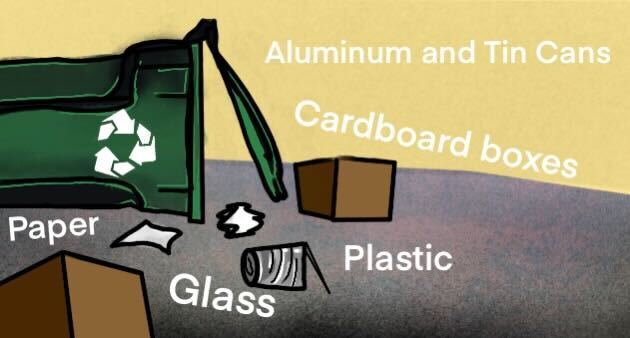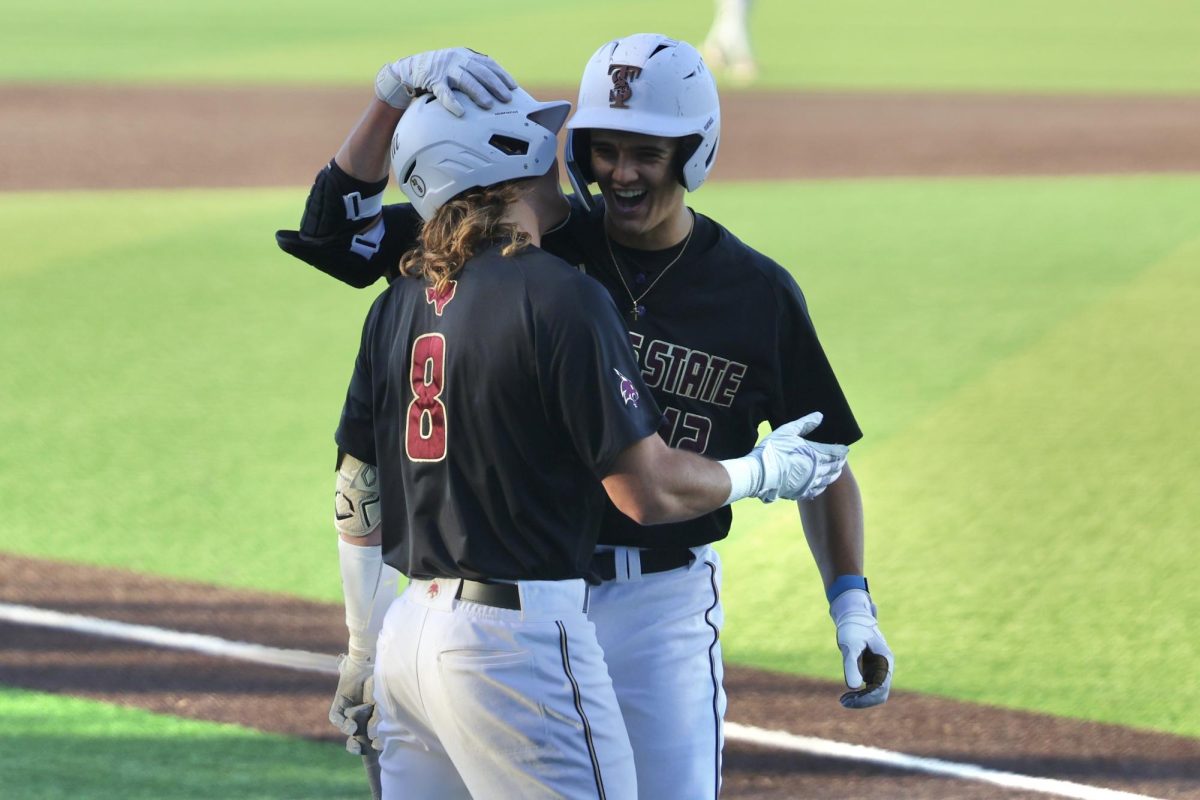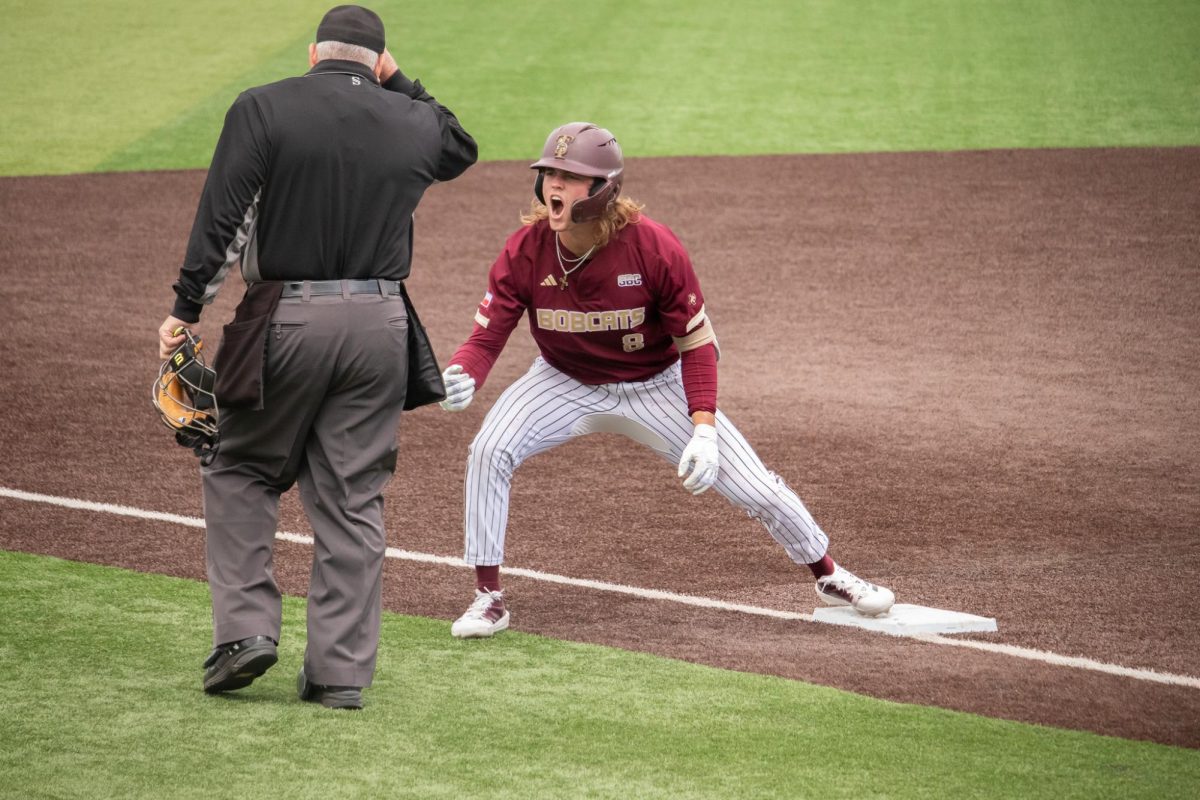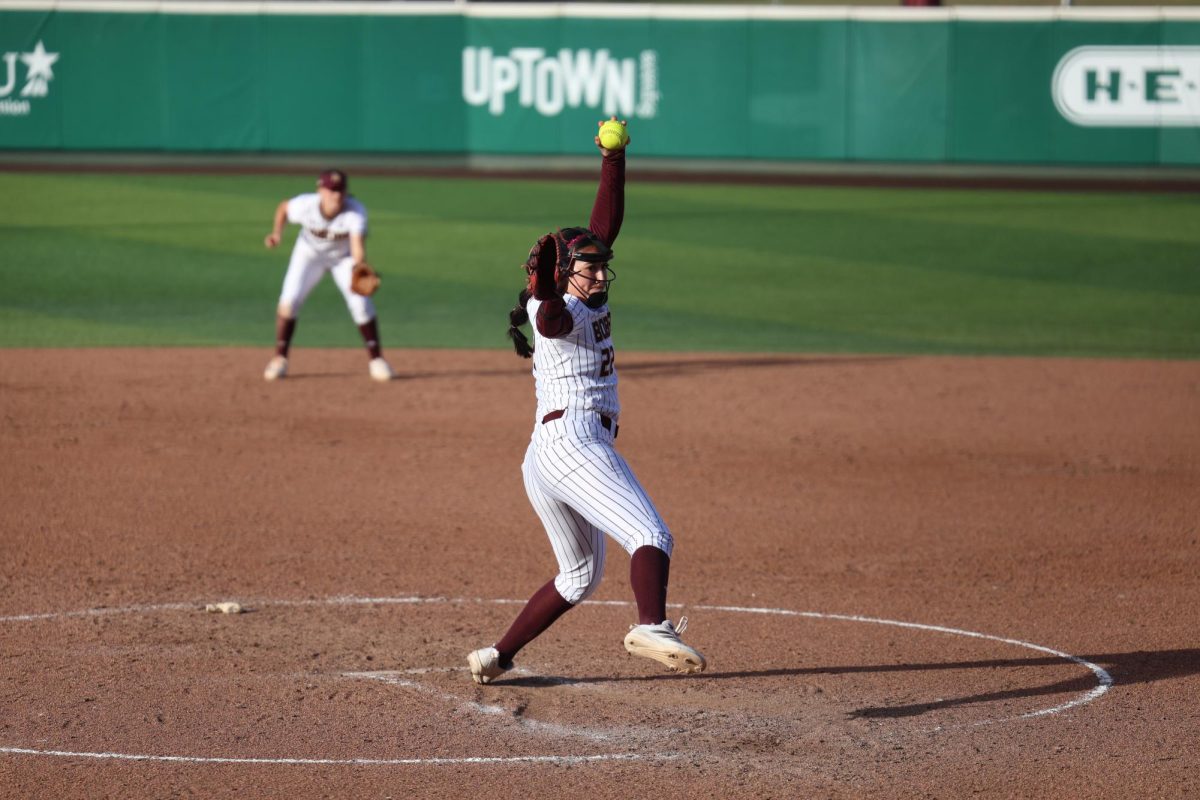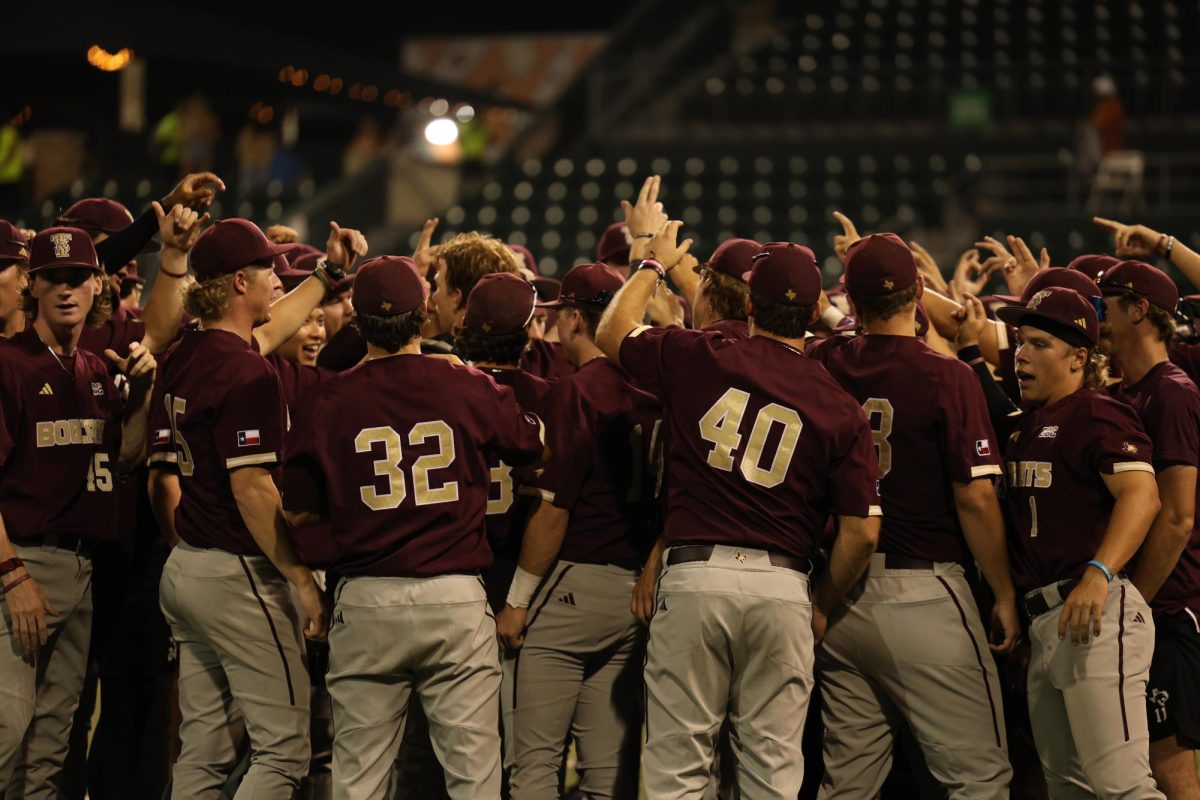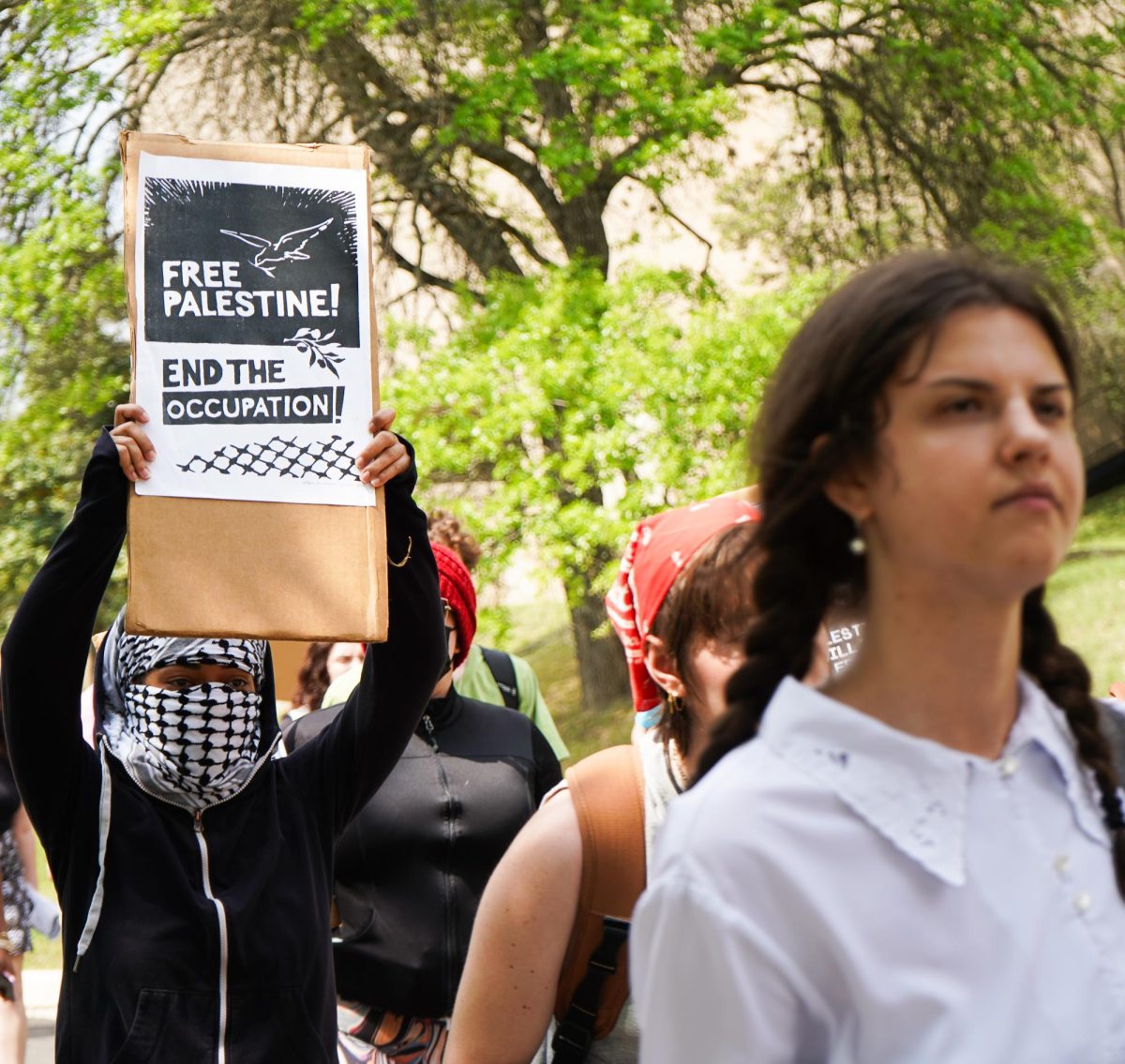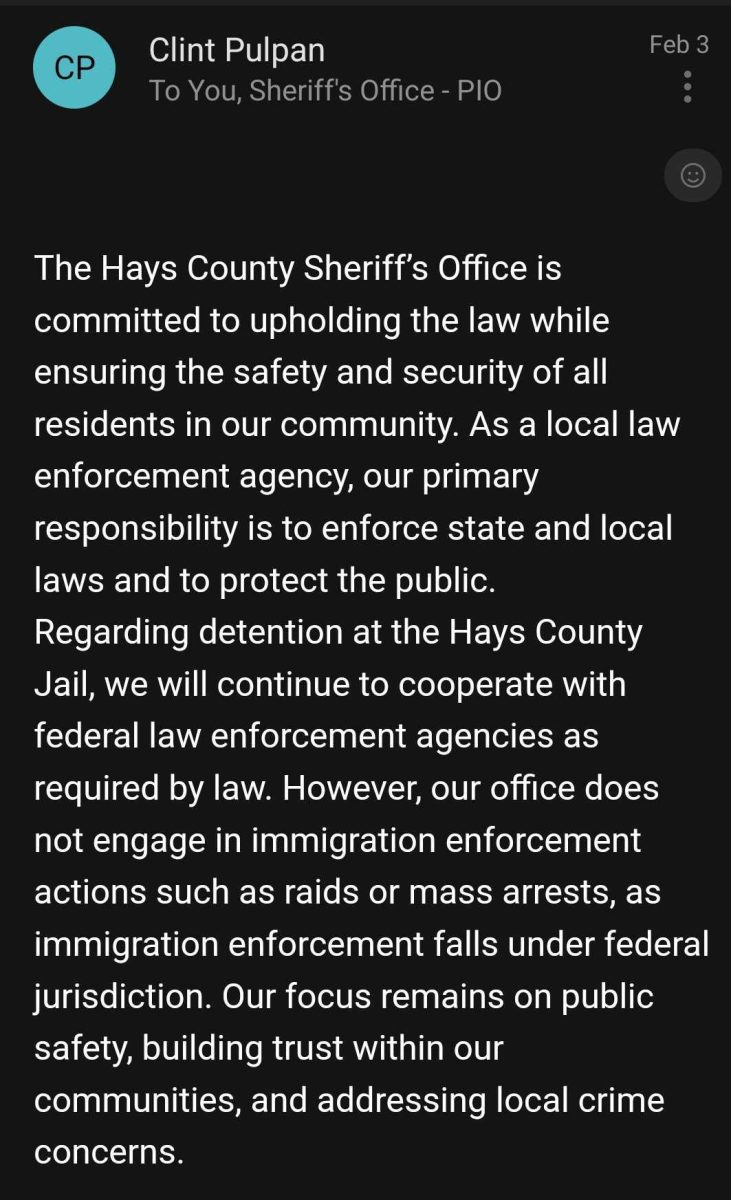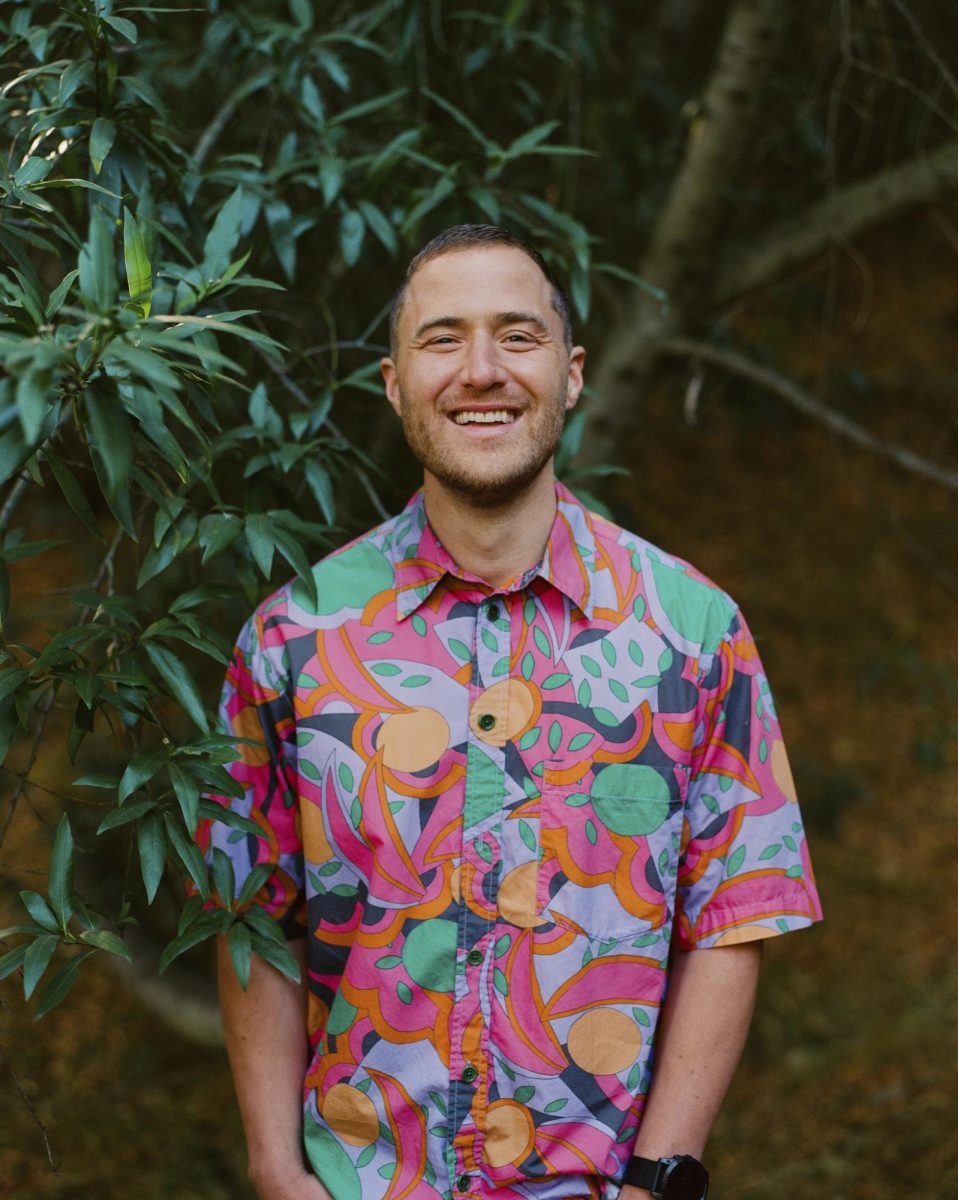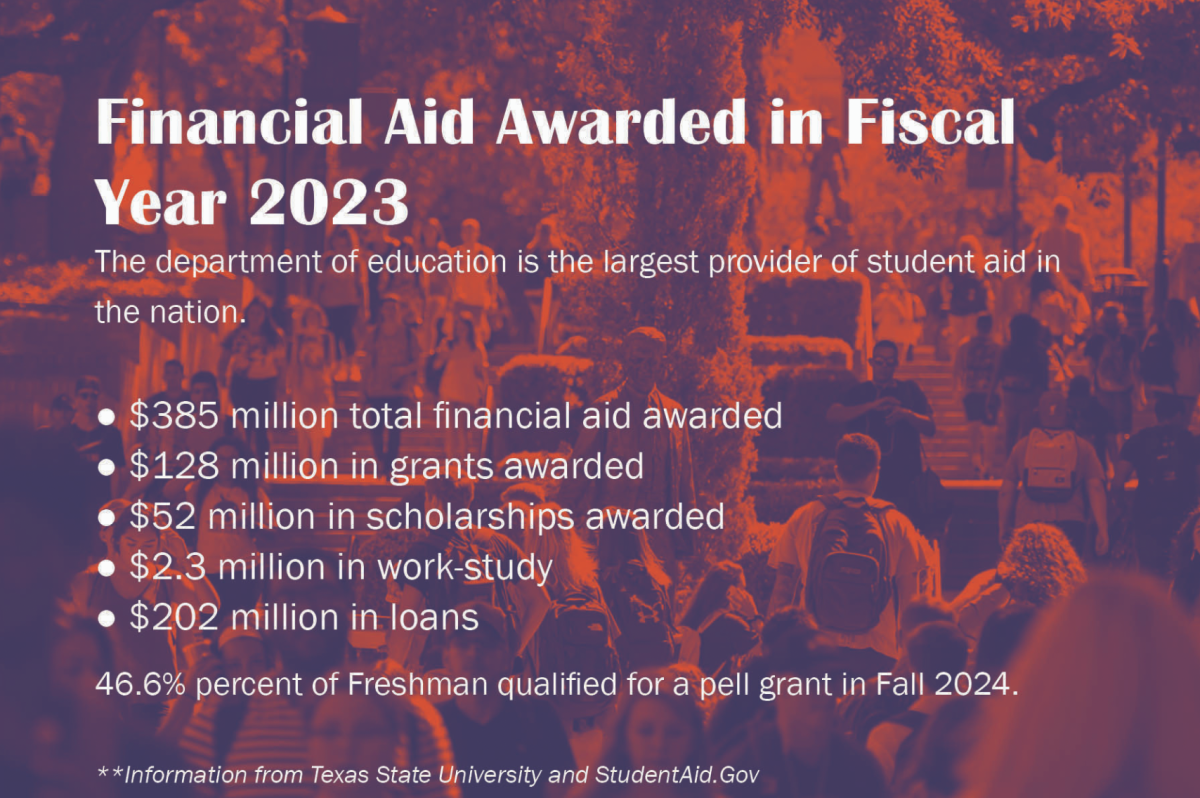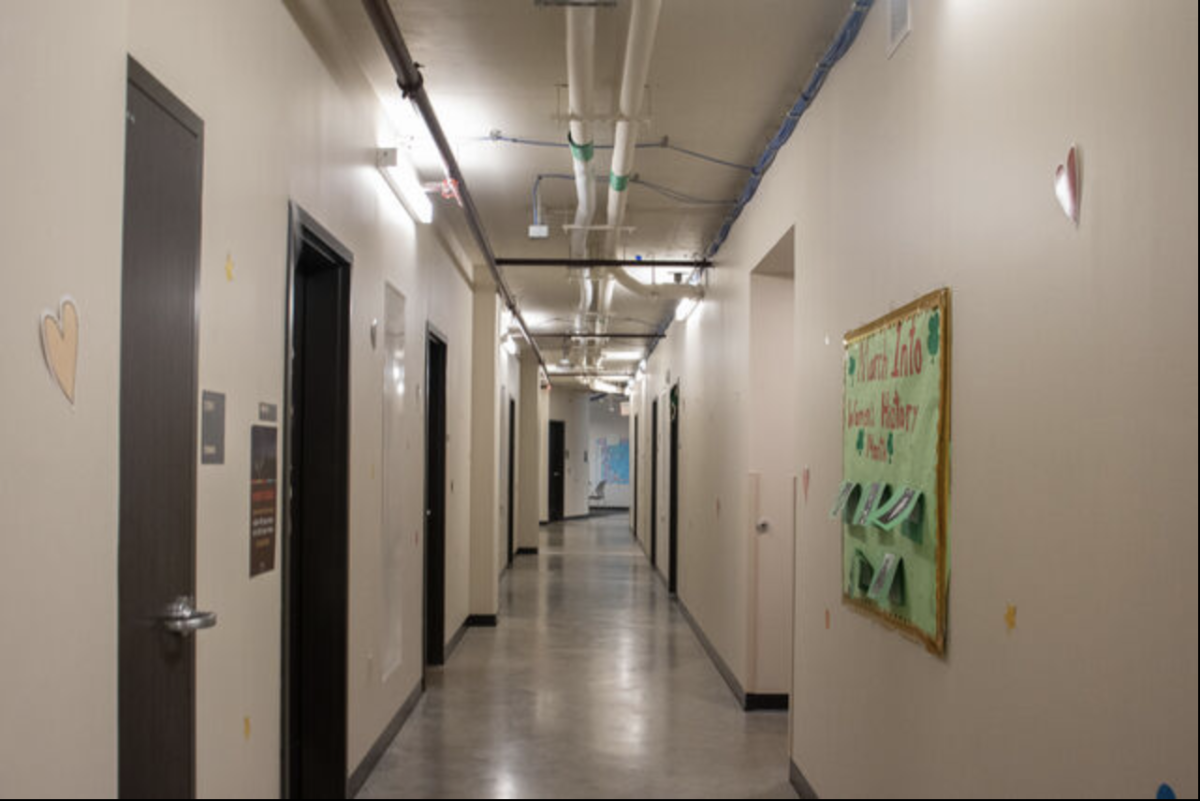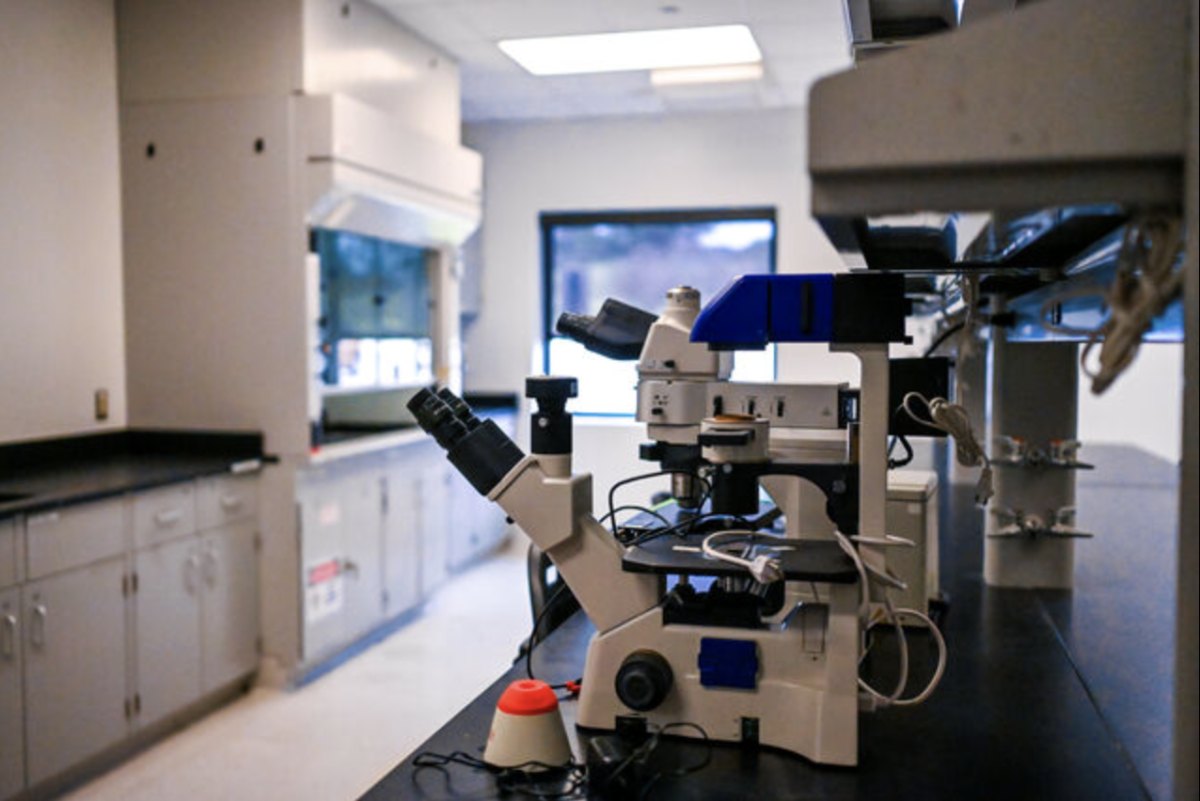Recycling bins disappeared from Blanco Hall in September 2023 because of the repeated contamination of recyclables, according to Grounds and Waste Management.
Grounds and Waste Management Director Nathan Lawrence said there has recently been a lot of contamination of recyclable material in residential halls.
“Now we’re seeing the trend that the residents do not know how to recycle,” Lawrence said. “My focus is re-educating, finding out where we maybe had a slip in the process.”
Lawrence said that contamination happens if trash, like pizza boxes, gets into a recycling bin. There are percentages of “allowable contamination”, though. 2% is allowed for plastic soda bottles, meaning one does not have to wash them before recycling. But according to Lawrence, if the “allowable contamination” limit is exceeded, the entire container of recyclables might become trash.
Following constant issues with contamination in Blanco Hall, Housing and Residential Life asked Grounds and Waste Management to take out the containers permanently in September 2023, said David Sambrano, recycling services supervisor of Waste Management.
Lawrence said he would like to include basic recycling principles in the freshman orientation.
Out of eight Blanco Hall residents interviewed, no one knew where the recycling bins for the dorm were. However, there are small recycling bins in each room in Blanco according to Eameena Mezbha, a human development and family sciences freshman.
“We have bins for it, but you just end up taking it to the dumpster anyway. It all goes to the same spot,” Mezbha said. “So even if you do recycle, there’s no place to actually put it.”
Iyanna Lee, an education freshman living in Blanco Hall, said their residential hall had a recycling receptacle, but someone removed it recently because students couldn’t keep up with it.
Madison Moore, Blanco Hall resident and dance freshman, said no one taught her how to recycle. Meanwhile, the New Student Orientation she went to in July featured some rules of the dorm, like not bringing in a toaster.
Emma Parsley, sustainability coordinator, welcomed the idea, saying it is not the students’ fault they did not know about recycling before coming to Texas State.
“[Students may come] from a different city that didn’t recycle altogether,” Parsley said. “Sometimes people just need to be educated, taught how to use resources and tools.”
Parsley is also planning to educate the next cohort of Resident Assistants (RAs) of the Department of Housing and Residential Life on recycling as they are the student leaders of residential halls.
“I definitely want to get in front of them and train them because it will be kind of like a domino [effect],” Parsley said. “Once you train one, the rest will follow too.”
According to Sambrano, Waste Management helps students, faculty and staff recycle three types of material: old corrugated cardboard, which is all cardboard boxes after someone opens them; copy and shredded paper and single-stream material: plastic, cans and glass.
The recyclables are stored at the Recycling Center for 48 to 72 hours before the contractor, Texas Disposal Systems, comes to collect. Students, faculty and staff can visit the Recycling Center on 602 Moore St. to drop off their recyclables themselves.
The recycling program of Texas State, according to its website, is operated through a partnership of Grounds & Waste Management and Environmental Health, Safety, Risk & Emergency Management, assisting it with the materials that need special treatment before being recycled or discarded.
For more information about how to start recycling on campus, follow the link.
Housing and Residential Life declined to speak on this topic.



